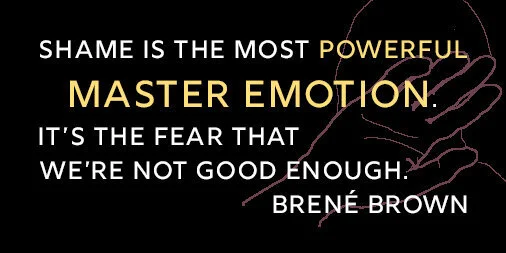Let’s Make Talking about Periods Okay: Menstruation and Shame
Many rites of passage are eagerly anticipated or revered. Most people see the onset of menstruation as a rite of passage, but for many initiates their first period brings fear, bewilderment and shame.
When I started menstruating, I had many hard days. I could not get myself any materials to use to stop myself from soiling my clothes. It was better for me to stay at home rather than go through that shame at school.[1]
Shame about Menstruation
There is an almost universal sense of shame about menstruation for adolescent girls and young women. The sources of shame vary: cultural taboos and restrictions; and lack of MHM knowledge among men and boys are common. Use of the term “unclean” to refer to a menstruating person goes back at least as far as Biblical times. In many cultures girls are deemed ready for marriage as soon as they begin to menstruate, so for some there is an uncomfortable sexual connection to menstruation. In other cultures women are ostracized during menstruation, sometimes even forced to leave their homes.
I usually get lots of love from my family, but when I have my period, I am treated differently. I feel discriminated against and humiliated. (Adolescent girl, Nepal)[2]
Perpetuating Period Shame
More than 800 million people are menstruating each day. Study after study finds that more than half, or 400 million+, feel some form of shame about this natural biological process. And shame is a persistent emotion--more prevalent during adolescence, and linked with depression and anxiety as well as addictive behaviors.[3] Brené Brown defines shame as “the intensely painful feeling or experience of believing that we are flawed and therefore unworthy of love and belonging – something we’ve experienced, done, or failed to do makes us unworthy of connection.”[4] When we feel shame our first instinct is to hide. “Here’s the bottom line with shame,” says Brown. “The less you talk about it, the more you got it. Shame needs three things to grow exponentially in our lives: secrecy, silence, and judgment.”
Why is this? Is it bad when somebody sees you with Always™? (moderator)
It is only that it brings you shame. (Student in Standard 8)[5]
Speaking Up
Fortunately there is a straightforward (if not easy) antidote to shame. “Shame cannot survive being spoken,” Brown says. “It cannot survive empathy.” If you share your shame, talk to someone who is sympathetic and not judgmental, the shame resolves and disappears. One simple and powerful answer to ubiquitous period shame is to talk about periods. Openly. In mixed groups. With people of all ages.
I used to use cloths that I would cut from my old T-shirts to keep the blood from staining my dresses, but they were not enough and blood would still stain my clothes. Boys used to laugh at me and I eventually simply stayed home whenever my periods started.[1]
Erasing Period Shame
When educators go to schools to speak with girls about menstruation the girls learn that shame does not have to be a primary reaction to menstruation, and they are able to support one another. Speaking openly about periods shouldn’t be limited to females, individual classrooms, or small groups. Worldwide, the more information that’s shared and the more conversations that are started, the quicker the shame around menstruation will be eliminated. Children in school, women in the workplace, and cultures that continue harmful practices to menstruation can all be transformed.
Period shame has social, economic, political, and significant environmental ramifications. Being able to talk openly about menstruation opens a door to social, cultural, and political transformation. Let’s make talking about periods okay.
2 https://www.nytimes.com/2019/03/08/opinion/menstrual-shaming-nepal.html
3 https://brenebrown.com/blog/2013/01/14/shame-v-guilt/
4 https://www.scientificamerican.com/article/the-scientific-underpinnings-and-impacts-of-shame/
5 https://bmcinthealthhumrights.biomedcentral.com/articles/10.1186/1472-698X-11-7



